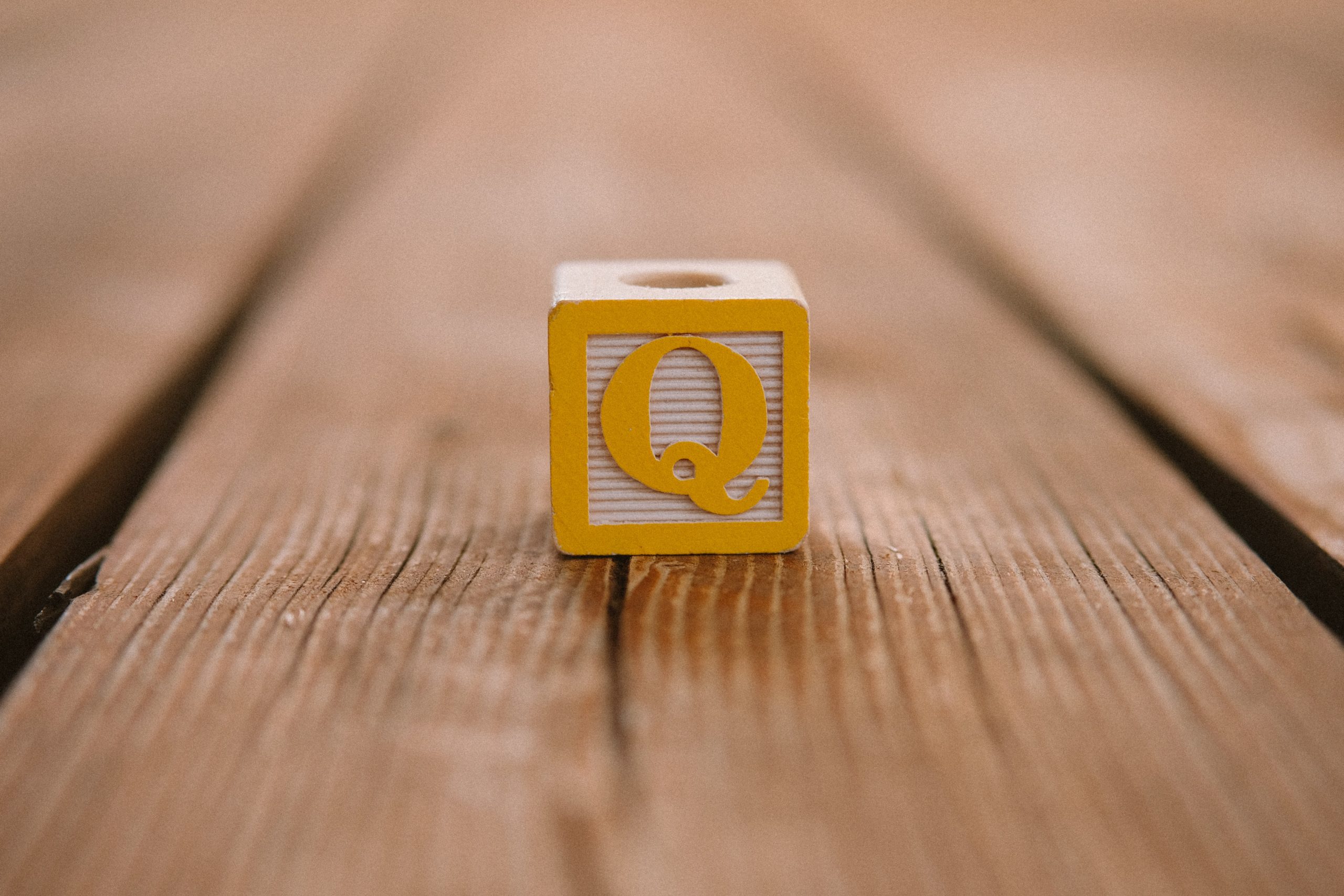Speculations and rumours are nothing new. Many significant events have been followed by a mass of conspiracy theories, dreamt up by those distrusting of the mainstream media narrative. The moon landing, 9/11, even the tragedies of the Holocaust – there have always been some who believe that maybe darker forces are at work. The difference at this moment in history, however, is that these suspicions can now be more easily spread across countries and the globe than ever before, thanks to social media.
The motivation for these theories has often come from the desire to harm someone’s reputation. President Trump was a key proponent of the “Birther-Gate” conspiracy, which claimed that Obama was born in Kenya and thus ineligible to become US president. This obviously proved to be false; Obama was born in Hawaii and his birth certificate proved that.
Trump, in a trend he has continued during his time in office, has made use of Twitter to fan the flames of this theory. Across 2011 and 2012, he tweeted links to biased articles with few to no apparent sources and numerous ranting posts, refusing to relent even a fraction until Obama’s birth certificate was fully made public. This all happened at a time when he had almost 2 million followers – nothing close to the amount he counts now, but still an enormous number, along with a huge public profile.
Over the last few years, a conspiracy has emerged which has swept across America and made waves in the UK and other parts of the world. QAnon, in a nutshell, is a theory that claims that government elites and members of the banking and media sectors are paedophiles who worship Satan. These figures include many politicians and businessmen, like the Clintons and philanthropist George Soros, who are allegedly running a global child sex-trafficking ring. If you still see some truth in this, note that many QAnnon believers claim that Trump is their saviour, fighting against the dangerous cult. The President himself, never passing up on the opportunity to seem like a hero, stated “I don’t know much about the movement, other than I understand that they like me very much, which I appreciate” when questioned about the theory.
The theory was originally posted by a user on the message board 4chan, infamous for conspiracy theorists and violent hate groups. For a time it stayed within these fringe communities but made its way out into the mainstream, especially over the last few years. The absence of consistent fact-checking mechanisms on many websites means that many simply accept what they read online, with little thought about the provenance. President Trump’s continued tirade against what he calls the “fake news” media have only heightened the tendency of people to disregard the mainstream in search of what they see to be “the truth”.
Social media networks, specifically Facebook, have been harshly criticised for not doing enough to combat conspiracy theories, including but not limited to QAnon. During the coronavirus pandemic, there has been an outpouring of new conspiracies about the virus and whether or not it even exists. In the last couple of weeks, Twitter, Facebook and YouTube all have announced plans to ban content related to QAnon; this is of course a welcome move, but is it too late?
Facebook founder Mark Zuckerberg, himself the subject of numerous conspiracy theories, has vowed to remove “false claims and conspiracy theories that have been flagged by leading global health organizations”. With their recent track record, however, many aren’t entirely trusting of the social media giant. Despite multiple pledges, we still haven’t seen a comprehensive fact-checking system which filters out this dangerous content. Some may argue that this would be a violation of free speech, but of course the freedom of speech doesn’t come with freedom of consequence.
The ease of which this content can get onto social media, coupled with the lack of education around fake stories on the Internet, has led to baseless claims diffusing into the public consciousness. As we have seen, individuals like Trump can capitalise on this and spread hatred. Without some sort of regulation from social media platforms, we are risking the word “truth” losing all known meaning.
Sam Williams
Featured Image Source: Wesley photography via Unsplash.com

